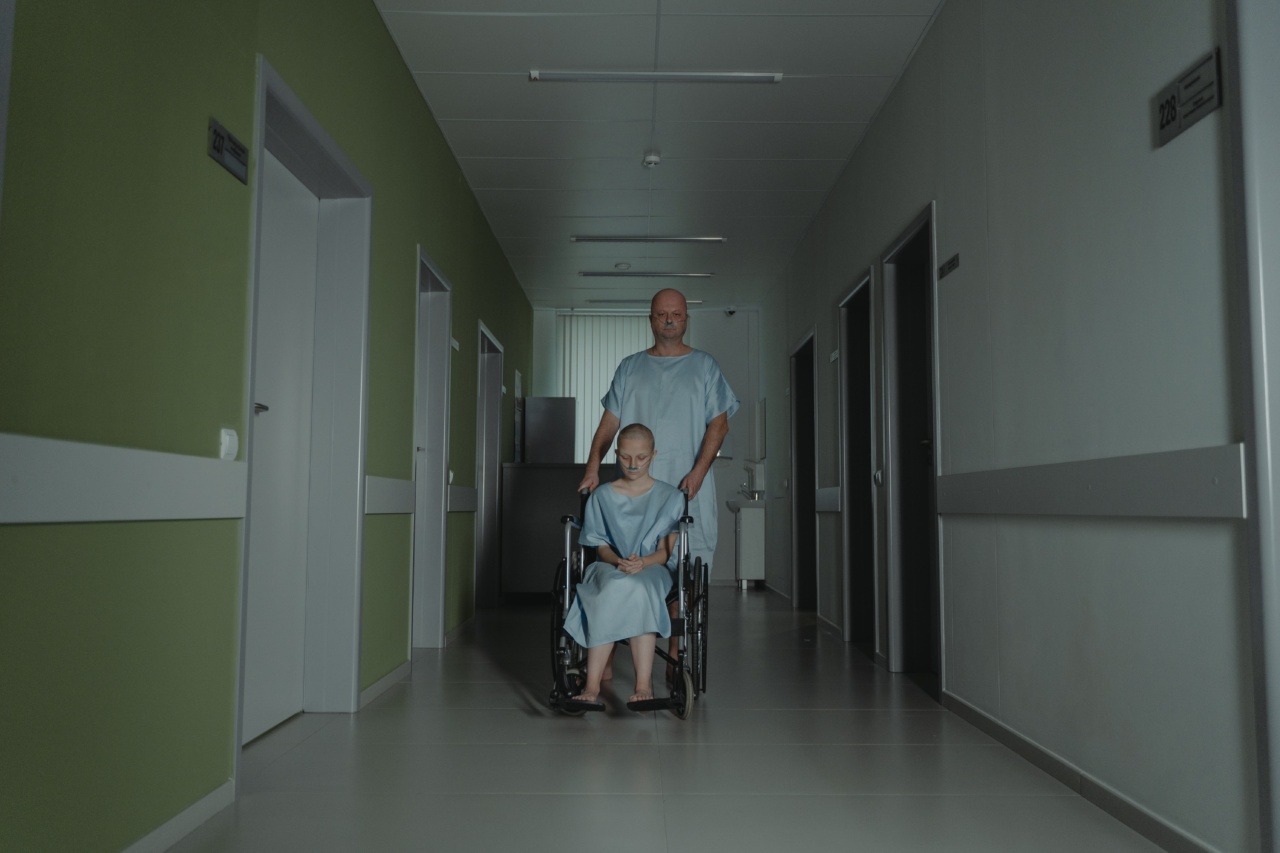Rheumatoid arthritis (RA) is a chronic inflammatory autoimmune disease that primarily affects joints, leading to pain, swelling, and stiffness. However, the impact of RA is not limited to physical symptoms alone.
Research has shown a high prevalence of comorbid psychiatric disorders, particularly depression, among RA patients. This article aims to explore the indicators of depression in individuals with rheumatoid arthritis.
The Link Between Rheumatoid Arthritis and Depression
Rheumatoid arthritis and depression often coexist in a bidirectional relationship. The chronic pain and disability caused by RA can significantly impact a person’s mental health, leading to the development of depressive symptoms.
Conversely, individuals with pre-existing depression may have a higher risk of developing RA due to immunological, neuroendocrine, and psychosocial factors.
1. Physical Symptoms
One of the key indicators of depression in individuals with rheumatoid arthritis is the presence of physical symptoms. These may include fatigue, increased pain perception, and changes in appetite or weight.
Depressed individuals with RA often report higher levels of pain, which can further exacerbate negative mood and emotional distress.
2. Sleep Disturbances
Depression and rheumatoid arthritis are both associated with sleep disturbances. Insomnia, fragmented sleep, and daytime sleepiness are frequently observed in individuals with comorbid RA and depression.
Sleep problems can worsen pain perception, impair functioning, and contribute to the overall burden of the disease.
3. Cognitive Impairment
Depression can impair cognitive function, and individuals with rheumatoid arthritis may experience difficulties with concentration, memory, and decision-making.
This cognitive impairment can further impact daily functioning and quality of life, making it an important indicator of depression in RA patients.
4. Reduced Physical Activity
Depression often leads to decreased motivation and interest in activities, including exercise and physical movement.
In individuals with rheumatoid arthritis, this reduced physical activity can contribute to a vicious cycle, as lack of exercise may lead to increased pain, stiffness, and joint deformities, further affecting mental health.
5. Social Withdrawal and Isolation
Depression can cause individuals to withdraw from social interactions and isolate themselves from others. For rheumatoid arthritis patients, the physical limitations caused by the disease can exacerbate social withdrawal.
This isolation can lead to increased feelings of loneliness, further fueling depressive symptoms.
6. Psychological Distress
Depression often manifests as psychological distress, including feelings of sadness, hopelessness, and worthlessness.
Individuals with rheumatoid arthritis may experience psychological distress related to the impact of the disease on their physical functioning, self-image, and overall well-being. Identifying and addressing this distress is crucial in managing depression in RA patients.
7. Impaired Quality of Life
Both rheumatoid arthritis and depression can significantly reduce an individual’s quality of life.
The combination of these two conditions can lead to a profound impact on various aspects of well-being, including physical health, psychological functioning, social relationships, and overall life satisfaction.
8. Anxiety Symptoms
Anxiety symptoms are common in both depression and rheumatoid arthritis. Excessive worrying, restlessness, and irritability can coexist with depressive symptoms in individuals with RA.
Identifying and addressing anxiety symptoms is essential in managing depression and improving overall mental health in these patients.
9. Treatment Non-Adherence
Depression can significantly impact treatment adherence in individuals with rheumatoid arthritis.
Non-adherence to medication regimens, lack of engagement in therapy or self-management strategies, and delays in seeking medical help are indicators of depression and can impede the management of both conditions.
10. Suicidal Ideation
Depression, particularly when severe, can lead to suicidal thoughts or behaviors. It is vital for healthcare professionals to assess for suicidal ideation in individuals with rheumatoid arthritis and depressive symptoms.
Prompt intervention and appropriate mental health support are crucial in reducing the risk of self-harm.
Conclusion
Depression is highly prevalent among individuals with rheumatoid arthritis and significantly impacts their overall well-being. Recognizing and understanding the indicators of depression in RA patients is essential in providing comprehensive care.
Early identification, effective treatment, and multidisciplinary support can help improve mental health outcomes and enhance the lives of individuals living with rheumatoid arthritis and depression.































